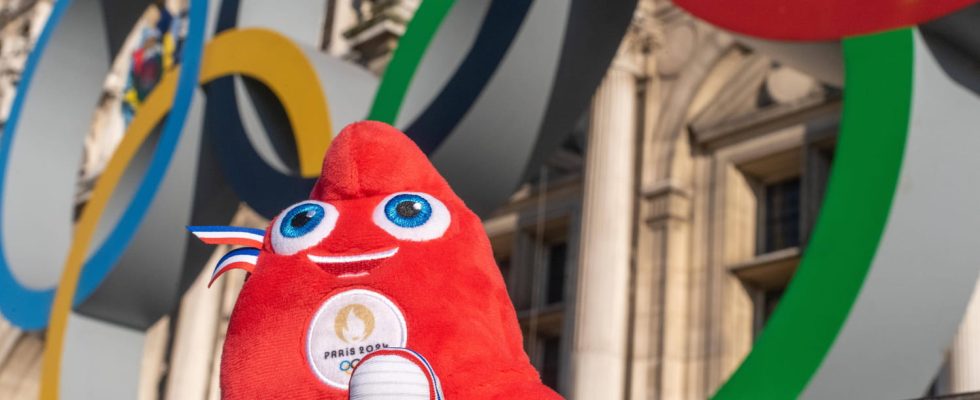SURVEY. Our partner YouGov carried out a survey on the popularity of the Olympic mascot among the French and the result is clear.
As we approach the Paris 2024 Olympic Games, many questions are emerging in public opinion. Will the Olympic Games be a popular success? Will transport be a source of concern with delays and ticket prices? Will security be there? To try to answer it, YouGov carried out a survey from March 14 to 18, 2024 among 2,008 adults representative of the French populationto gauge the extent of the French people’s expectations for the Olympics.
Among the questions asked, one of them concerns the mascot of the Olympic Games. For those who do not know it, this mascot was officially presented on November 14, 2022 and has the Phrygian cap as its symbol. Revolutionary symbol of the Republic and freedom, the Phrygian cap adorns Marianne in our town halls or on stamps. No animal, no specific name, the star will be this hat. The mascot is therefore simply called “the Olympic Phryga”. “Our hero is called that because it highlights the whole story he conveys,” explained Julie Matikhine, director of the brand to Le Parisien. “They’re like Papa Smurf and Grouchy Smurf. Their main characteristic is in their first name.”
So what do the French think of this nod to French history? The result is rather clear, the Olympic mascot is not really appreciated. At the question “Do you like the mascot?” 34% of respondents responded “No way”. 20% slightly qualify their comments, but are still unhappy. 54% of French people in total, therefore, do not like this mascot. Only 11% of French people say they are completely satisfied with the Phryge and 9% have no opinion on the question.
If we focus on the appearance of the mascot, the YouGov survey also reveals a negative trend. At the question “Does this mascot represent the vision of the Olympic Games imagined by France?” 55% of those surveyed believe no. Going even further on the purely aesthetic aspect, 26% do not know at all what the mascot represents compared to 15% who understand from the first glance what it represents.
It is true that since the mascot was revealed, many have had fun with its shape on social networks, sometimes even comparing it to a “clitoris”. This pictorial form of the mascot, representing a sort of preliminary before the competitions, can make you smile or provoke a certain satisfaction as the author Joachim Roncin explains to Madame Figaro: “A mascot is a drawing or something of new, and it’s always a Rorschach test: everyone is going to see what they want. If people see a clitoris, so much the better. If it makes the clitoris known, we’re delighted.”
But doesn’t this incomprehension work to the latter’s disadvantage? The answer is yes. In its poll, YouGov also asked which state had the best adjective to describe Phrygian caps. 23% of French people questioned consider the mascot “ridiculous”, 17% “incomprehensible” and only 9% consider it “elegant”.
